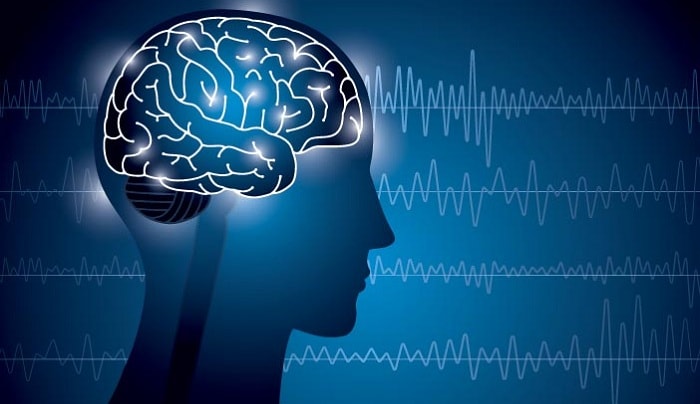Suffering an injury that ultimately causes you to experience a traumatic brain injury is a terrible experience. However, when the injury is caused by an assault, it can be even worse.
Whether your traumatic brain injury was caused by an act of domestic violence or a random attack, you can be left reeling with the consequences. Those consequences not only include dealing with the brain injury itself but also many other problems, including anxiety and fear of another attack occurring in the future.
Talk to Close Friends or Family Members
Feelings of anxiety, depression, and fear are common after experiencing an assault that leaves you to deal with a traumatic brain injury or TBI. Getting emotional support is absolutely essential to get you on the road to coping with what happened to you. While you will obviously never completely get over what happened, having the right support system can aid in your recovery to be able to deal with it.
Your close friends and family members are always there for you no matter what the situation. You can keep them close to you and confide in them about the way you feel. If you can manage it, talk about the assault that resulted in your brain injury.
Even if they don’t have much input to offer you, the fact that they are there for you and are willing to listen to you calmly and patiently can help you cope. It reassures you that you have people on your side who love you and will always be there when you need them.
Seek Therapy or Counseling
Individual therapy or counseling with a support group are great options that are available to you if you’ve suffered a TBI after an assault. With individual therapy, you are able to discuss your feelings and fears with a trained, licensed psychologist, psychiatrist, or social worker. These professionals are trained in the area of trauma of all types. Some are trained specifically to help counsel individuals with TBIs. They can help you to get through your pain and trauma and teach you ways to cope.
Millions of people are enrolled in therapy and find that it helps them in many different aspects. Group therapy may be especially helpful because you are part of a group of people who have experienced the same thing as you. This can help with everyone working through their situation as you can all speak of your personal experiences and draw strength from one another in addition to drawing it from your counselor. Around 2.5 million adults and children each year experience TBIs and find that support groups are essential for their recovery.
See About Getting Various Treatments
If anxiety and depression are part of your new normal, you will want to seek treatment for them. In addition to counseling, you may need to be prescribed antidepressants by a doctor. Certain medications can also help with new diagnoses such as adult attention deficit disorder or AADD.
However, not everyone needs a prescription; for some, it might be possible to defeat depression by incorporating a new routine into their everyday life such as exercise, arts and crafts, music, or even a game. Acknowledging that what has happened to you and what is currently happening is real can help you to better cope.
In addition to medication treatments, you will probably need physical and cognitive therapy for your TBI. This is in addition to counseling or therapy related to your attack.
Speak With an Attorney
Finally, it’s important to speak with an experienced brain injury lawyer to learn about your rights. You have the legal right to file a lawsuit against the person responsible for the assault that led to your TBI. An attorney will ensure that your rights are protected and advise you on the best ways to proceed in your case.


















